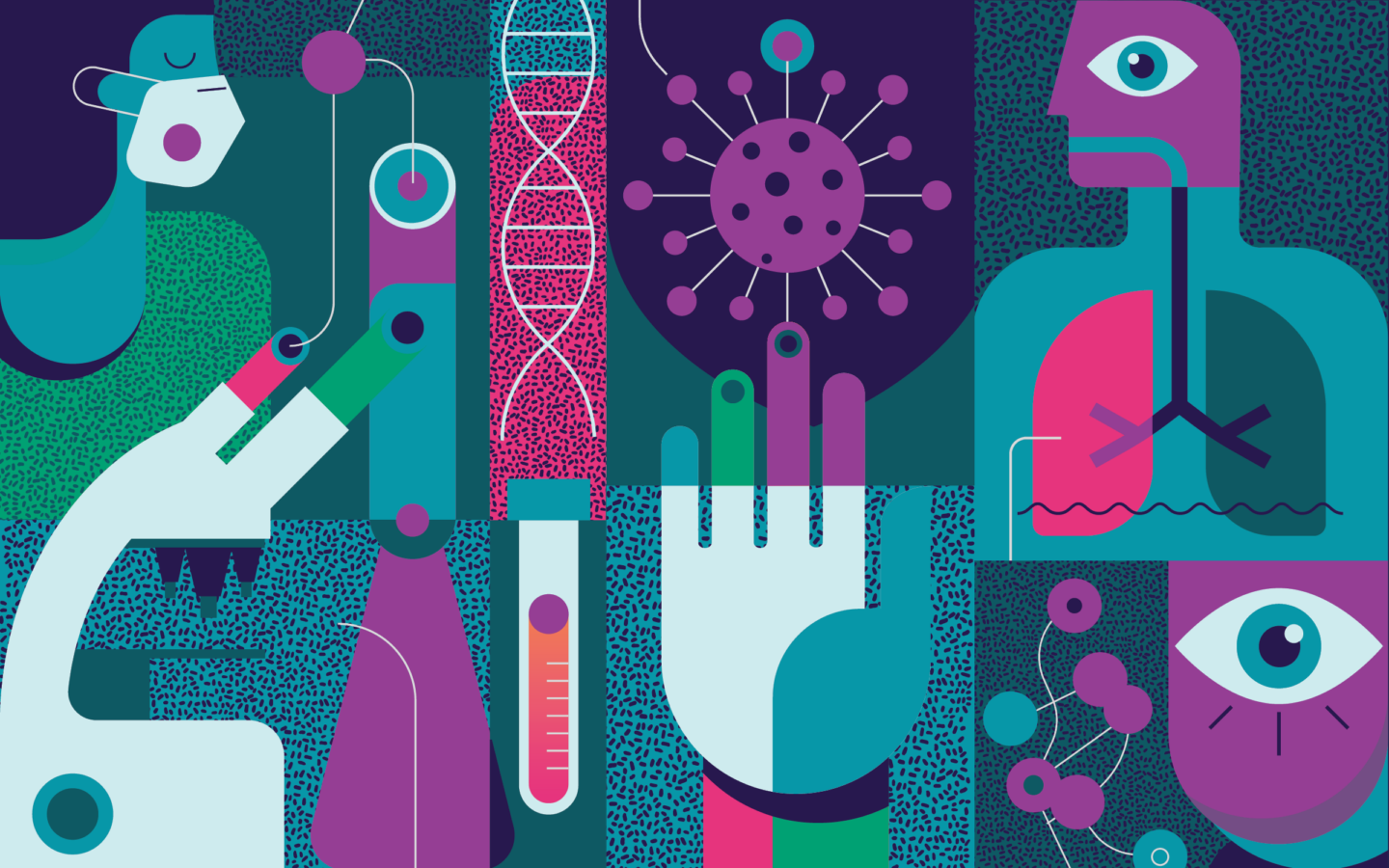Millions of precious doses of the first FDA-approved COVID-19 vaccine were shipped out across the country last week, and frontline health care workers were first in line to receive it. It’s a momentous event in an unprecedented year. And it’s once again one in which nurses not only play a critical role but also are being put on the spot, publicly.
Pfizer’s COVID-19 vaccine received formal approval for emergency use on December 11, 2020, and arrived at state-designated health care facilities within mere days. With administration of that vaccine underway, both traditional and social media channels are being flooded with images and videos of health care workers receiving it. And with Moderna receiving its approval this weekend, we expect to see more of the same. Data shows that these two vaccines are both about 95 percent effective at preventing people from getting sick with COVID-19, which is incredibly important for those of us at high risk for exposure.
The general public’s willingness to get vaccinated has ticked up to 63 percent, according to a December 8 Gallup poll. But unlike the country as a whole, for many nurses, this question isn’t a hypothetical. Many are eligible to get the vaccine today, and many more will be in the next few weeks.
But how do nurses actually feel about being on the receiving end of the rollout of a set of brand-new vaccines? And how are they thinking about making the decision to be vaccinated (or not)? We think nurses deserve to be asked, so we put out a call to SHIFT Talkers on our Instagram, and your answers were illuminating.
While of course an Instagram poll is not a scientific study, the results we saw closely match the widely documented spectrum of opinions held by non-nurses. Just like the general public, we saw a split between those nurses who are confident in the vaccine and eager to receive it, and those with concerns and questions.
Here’s what SHIFT Talkers shared with us.
Getting a vaccine would be “a privilege”
Some nurses were excited for a positive development in the pandemic and plan to get vaccinated soon as they can.
“I’ve been following the incredible work of vaccine researchers and infectious disease experts and cannot wait to get the vaccine myself. I feel it’s an incredible privilege to be able to receive it to protect myself, my family, and my patients,” said Sarah, a GI/endoscopy nurse in Wisconsin.
Teresa, a PACU nurse in Oregon, said, “I don’t have concerns. They make a new flu vaccine every year in less than 12 months!”
But Teresa did follow up her comment with one caveat, and it’s a concern we heard from other nurses, too.
Reproductive concerns
“If I fell into the following categories, I would…make sure these populations were part of the trials: pregnant, trying to get pregnant, or already had COVID-19.”
The impact of the vaccine on women of childbearing age was a big question, which wasn’t too surprising, as this population makes up such a large portion of the health care workforce.
A lot of nurses expressed concern about either currently being pregnant or breastfeeding, or planning to get pregnant.
Pregnant and breastfeeding women are left out of the majority of vaccine clinical trials, not just COVID-19 vaccine trials, which means that there is typically limited data about how vaccines impact these groups.
When there is data, it tends to be because some participants became pregnant during the trial process. But because of the accelerated development of the COVID-19 vaccines, this data is still being collected by manufacturers. That said, the American College of Obstetricians and Gynecologists recommends pregnant and lactating women both be offered COVID-19 vaccines and be supported if they choose to decline.
Concerned or undecided
Some nurses shared that they do feel wary—Tameka, an ICU nurse in Michigan, described her concerns as around “the newness of it, lack of info, [and it being] highly politicized.”
Lindsey, a med/surg nurse in Texas, said, “I’m still reading about the vaccines and will be on the first-round list with being on a designated COVID unit since March, however, I haven’t made my decision just yet.”
Choosing not to get the vaccine
While none of the SHIFT Talkers who responded to our informal poll said that they would definitively decline the vaccine, we know there’s a segment of skeptical nurses—just like there’s a segment of the general population—who are not planning to get vaccinated, period. In some cases, that’s because they’re at risk for .
And ultimately, this is an important point—in most health systems, the decision to get vaccinated is a choice nurses will make for themselves rather than be mandated.
We want to acknowledge that, after more than nine months of working on the frontlines of a pandemic, once again, nurses are being asked to make a choice for the good of the community that many others do not face—not yet, anyway.
Getting the facts first
But we also hope nurses feel empowered by that choice—empowered to seek out the facts, share concerns with administrators and get the information you need from experts both inside and outside your organizations about if and when you should receive a vaccine—and encourage others in your professional and personal circles to do the same.
A vaccine is just one way out of this crisis, but from receiving the first doses to swabbing arms in 2021, it’s another part of the pandemic where nurses are mission critical.
Looking for more information about the COVID-19 vaccines?
Here’s a rundown of the approval process, and how the vaccine was developed and manufactured so quickly. Click here to learn more about emergency use authorizations. And here’s a fact sheet from the FDA on what recipients of the Pfizer COVID-19 vaccine need to know.


